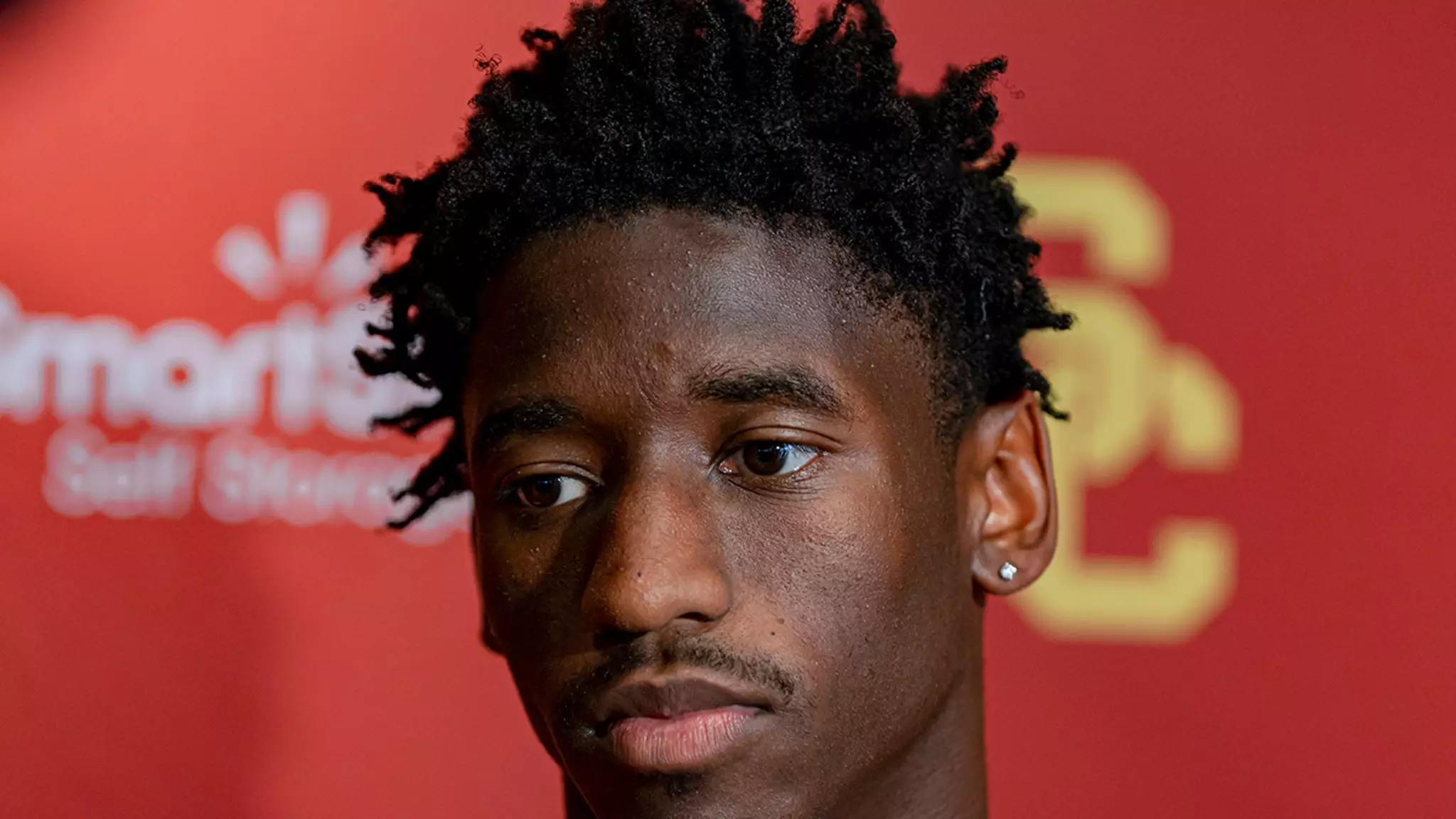In an unexpected turn, star Minnesota Vikings wide receiver Jordan Addison chose to settle his DUI case with a no contest plea, resulting in a year of probation. This decision reveals a critical moment for both Addison and his burgeoning career, emphasizing the importance of taking responsibility for one’s actions. While some might view the plea as a cautious legal strategy, it underscores an acknowledgment that mistakes—especially those with potential dangerous consequences—must be addressed with maturity and accountability. Addison’s acceptance of a lesser charge, “wet reckless,” highlights a proactive attitude, signaling that he is willing to face the repercussions and learn from this incident rather than avoid it through a costly trial.
This event also raises questions about the influence of youth, fame, and personal choices in the professional realm. Addison, at just 23, had his future shining brightly with the Vikings, but a single lapse in judgment threatens that momentum. Nevertheless, his willingness to accept the court’s decision and participate in mandated programs demonstrates a level of responsibility that might set a positive precedent within the sports community.
Impact on Professional Trajectory and Public Perception
From a professional standpoint, Addison’s case is a reminder that athletes are under constant scrutiny—not only for their skills on the field but also for their off-field conduct. The NFL’s disciplinary policies are stringent, and while legal resolution is one aspect, league officials have the authority to impose their sanctions independent of court rulings. Addison’s participation in alcohol education courses and community programs suggests an earnest effort to rectify his mistake, an attitude that could influence how league officials view impactful disciplinary decisions.
Meanwhile, his public image could be affected by the incident. Champions are often revered not just for their athletic prowess but also for their character. Addison’s transparent approach—acknowledging the mistake, cooperating with authorities, and committing to personal growth—can foster public forgiveness and even admiration. Fans tend to appreciate honesty and accountability, especially when athletes use missteps as lessons rather than stumbling blocks.
Broader Implications for Athletes and Society
This case exemplifies a broader narrative about the responsibilities of high-profile individuals. Addison’s story is more than just a legal episode; it’s a reflection of how today’s athletes are scrutinized under a microscope that amplifies every mistake. It serves as a wake-up call for others in similar positions, illustrating that leadership extends beyond athletic performance to how one handles adversity and mistakes. Moreover, society’s response to such incidents is evolving; there’s a growing expectation for athletes to recognize their influence and act conscientiously.
While some may argue that Addison received preferential treatment or that the punishment was lenient, his active participation in educational efforts and acceptance of responsibility demonstrate a desire to grow. It reinforces a powerful lesson: true strength lies in owning up to one’s faults and striving to be better—not just on the field but in life. Moving forward, Addison’s journey will be closely watched, not only for his performance as a football player but also for his integrity and capacity to learn from past errors.

Leave a Reply